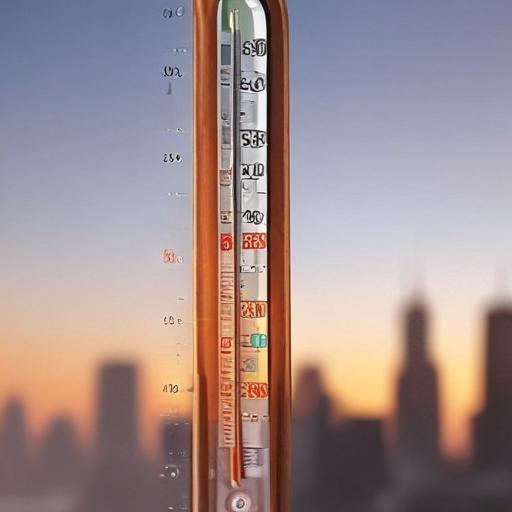PEORIA – As the month of June progressed, it marked a significant change in weather patterns across Illinois, culminating in record-breaking heat, particularly in Peoria. By the end of the month, the area experienced an unprecedented milestone of ten consecutive nights where the nighttime low temperature was at or above 70°F. Illinois State Climatologist Trent Ford noted that while similar streaks have occurred before, they typically take place in July or August, making this June occurrence particularly unusual. The last time a comparable situation happened was in 2011.
This surge in nighttime temperatures has been exacerbated by high humidity levels, which hinder the natural cooling of the air after sunset. Ford explained that the combination of elevated moisture and heat leads to heat index values regularly reaching between 100°F and 105°F. The persistent humidity traps heat, resulting in warmer overnight conditions.
Looking ahead, forecasts indicate a continued trend of above-average temperatures throughout July and possibly into the fall. Ford added that while there might be occasional cool days, the overall expectation is for warmer weather to persist across the state.
The unusual heat is not just affecting residents; it is also impacting agriculture, particularly corn crops, which are showing signs of heat stress. Reports indicate that the corn leaves are beginning to resemble the spiky texture of a pineapple, a phenomenon referred to as “pineappling,” indicative of distress due to high temperatures.
Data continues to support a clear increase in overnight temperatures, largely attributed to global warming. Ford explained that the relationship between climate change and the frequency and intensity of heat waves is well established, highlighting extreme heat as one of the most apparent symptoms of climate change in Illinois.
As these heat patterns become more frequent, residents are urged to stay prepared and vigilant about safety in high temperatures, which are likely to become increasingly common in the future.
